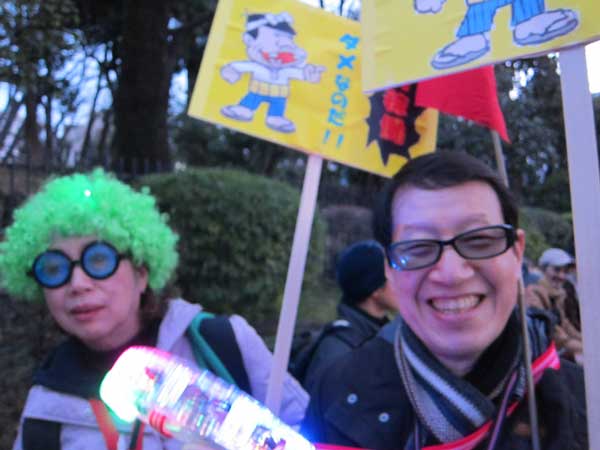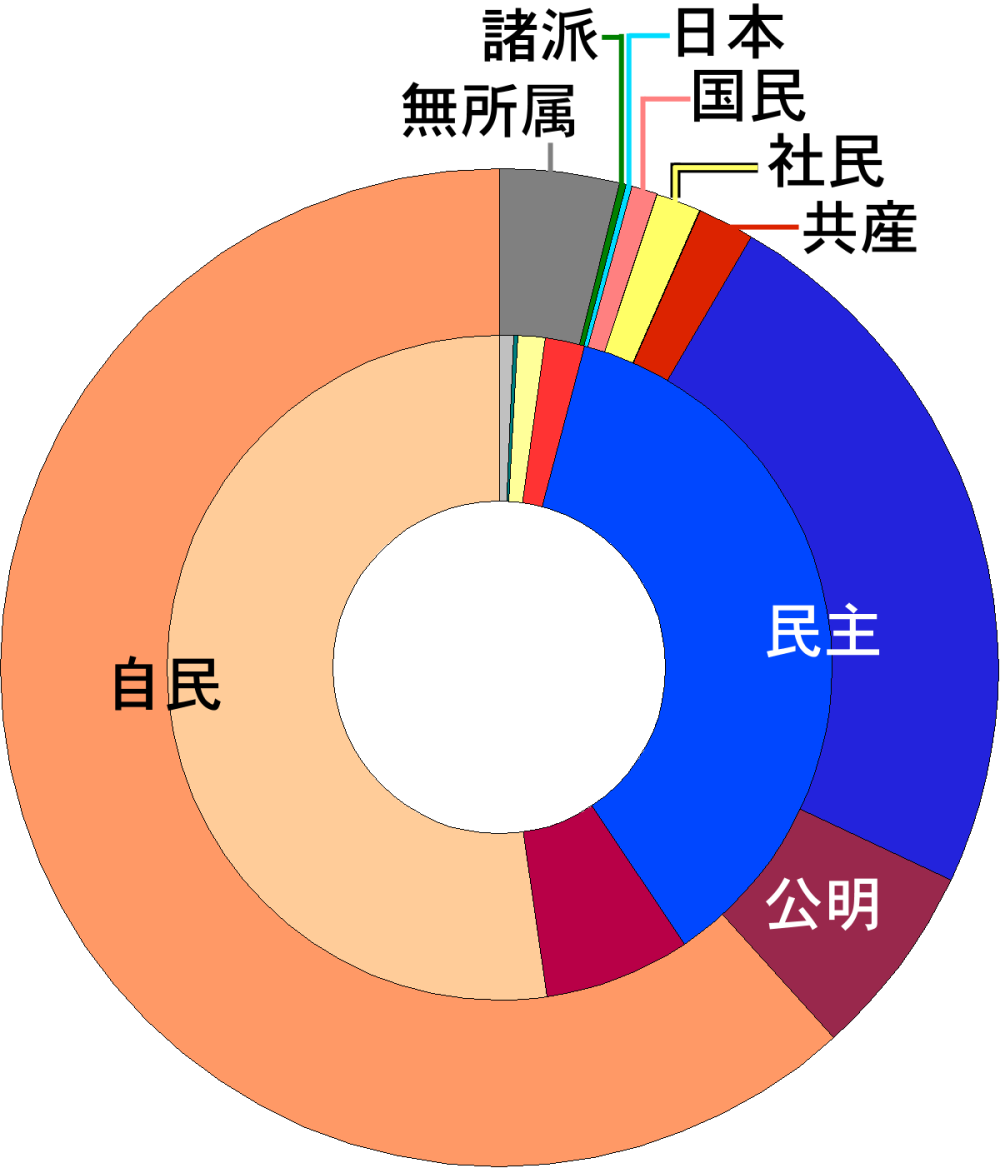
3.11の一年目の追悼と反原発のヒューマンチェーンに参加して、写真をたくさんとりました。高齢者が多くて、コズプレもあって、悲しく、同時に色がたくさんありました。ポケモンを何人か見ました。数万人が国会議事堂を囲んで、非常に感動しました。
On the first anniversary of the March 11, 2011 earthquake, tsunami and nuclear disasters, I spent the afternoon at a memorial in Hibiya Park, and then joined tens of thousands forming a human chain around Japan’s national assembly, the Diet. I snapped a lot of photos, along with @sub_fauna, who took some great photos.
It was great to see so many people coming together to ask for fundamental change to energy and politics. Striking were the number of seniors, the odd costumes including several Pokemon, the mix of the mournful and colorful. A few Japanese friends asked me what a “human chain” was, as if it were a complicated imported notion. It was very touching to see people holding hands around the center of government.
I was also impressed with how organized the entire demonstration and policing were. The long cross-walk in front of the Diet was occupied only while the light was red. The police remained very calm, and their main tools were rolls of neon police tape, megaphones, and fabric traffic barriers with rings for lines of police to easily hold.






